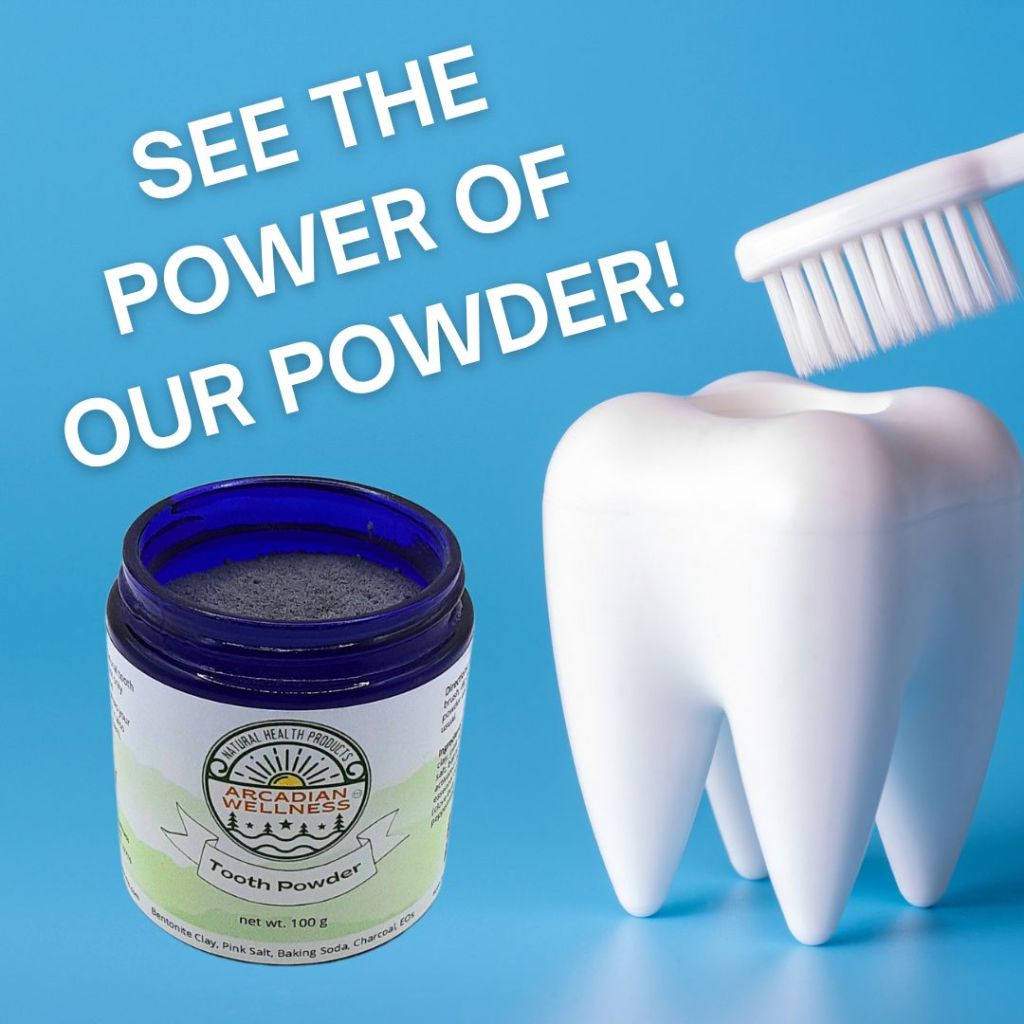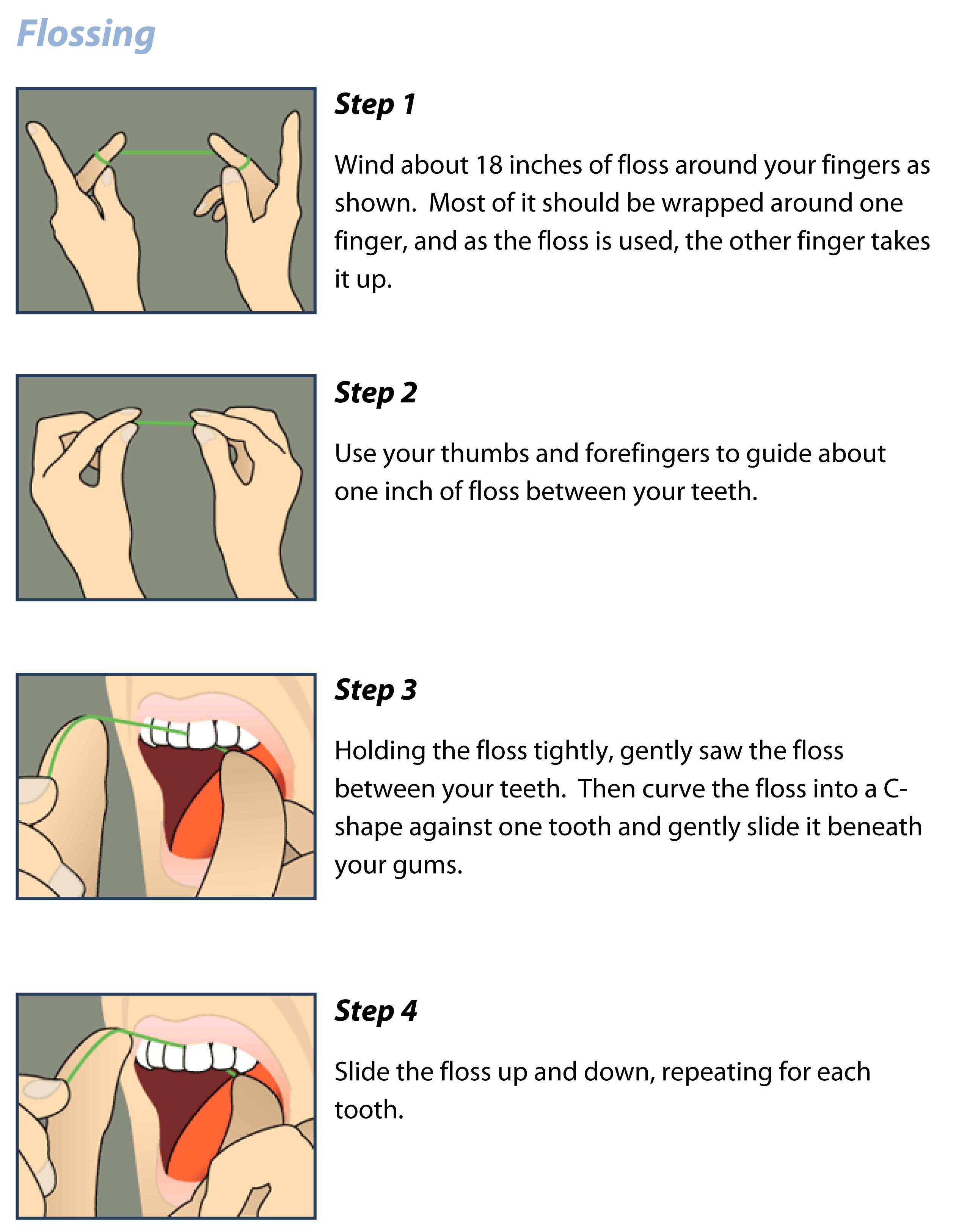Gum Disease Diet: Eat To Prevent Infection
When it comes to maintaining good oral health, most people focus on brushing and flossing their teeth regularly. However, the importance of diet in preventing gum disease cannot be overstated. A well-balanced diet rich in essential nutrients can help prevent infection and promote healthy gums. On the other hand, a diet lacking in crucial vitamins and minerals can increase the risk of developing gum disease.
Understanding Gum Disease
Gum disease, also known as periodontal disease, is a bacterial infection of the gums and bone that support the teeth. It is a common condition that can lead to inflammation, pain, and even tooth loss if left untreated. The early stage of gum disease is called gingivitis, which is characterized by red, swollen, and bleeding gums. If gingivitis is not treated, it can progress to periodontitis, a more severe form of gum disease that can cause permanent damage to the gums and bone.
The Role of Diet in Preventing Gum Disease
A healthy diet plays a crucial role in preventing gum disease. Foods rich in vitamins C and D, calcium, and fiber can help keep the gums healthy and strong. Vitamin C, in particular, is essential for the production of collagen, a protein that gives structure to the gums and other connective tissues. A deficiency in vitamin C can lead to weak and fragile gums that are more prone to infection.
Foods That Help Prevent Gum Disease
- Leafy Greens: Leafy greens such as spinach, kale, and collard greens are rich in vitamins A, C, and K, as well as calcium and fiber. These nutrients help keep the gums healthy and strong.
- Citrus Fruits: Citrus fruits such as oranges, grapefruits, and lemons are high in vitamin C, which helps boost the immune system and prevent infection.
- Dairy Products: Dairy products such as milk, cheese, and yogurt are rich in calcium, which is essential for healthy teeth and gums.
- Nuts and Seeds: Nuts and seeds such as almonds, sunflower seeds, and pumpkin seeds are rich in healthy fats, protein, and fiber, which help keep the gums healthy.
- Fatty Fish: Fatty fish such as salmon, tuna, and sardines are rich in omega-3 fatty acids, which help reduce inflammation and prevent infection.
It's not just about eating the right foods, but also about avoiding the wrong ones. A diet high in sugary and processed foods can increase the risk of gum disease. Sugary foods and drinks feed the bacteria in the mouth, leading to the production of acid, which can damage the gums and teeth.
Foods That Can Increase the Risk of Gum Disease
- Sugary Foods and Drinks: Sugary foods and drinks such as candy, cookies, and soda can increase the risk of gum disease by feeding the bacteria in the mouth.
- Processed Meats: Processed meats such as hot dogs, sausages, and bacon can increase the risk of gum disease due to their high salt and sugar content.
- Refined Carbohydrates: Refined carbohydrates such as white bread, pasta, and sugary snacks can increase the risk of gum disease by causing a spike in blood sugar levels.
- Fried Foods: Fried foods such as french fries, fried chicken, and doughnuts can increase the risk of gum disease due to their high fat and calorie content.
Tips for a Gum-Friendly Diet
- Eat a Balanced Diet: Eat a balanced diet that includes a variety of fruits, vegetables, whole grains, and lean proteins.
- Limit Sugary Foods and Drinks: Limit sugary foods and drinks, and opt for water or unsweetened tea instead of soda.
- Choose Healthy Snacks: Choose healthy snacks such as fruits, nuts, and veggies instead of processed snacks.
- Avoid Tobacco: Avoid tobacco products, which can increase the risk of gum disease.
- Stay Hydrated: Stay hydrated by drinking plenty of water throughout the day.
Creating a Gum-Friendly Meal Plan
- Start by making a list of healthy foods that you enjoy eating.
- Plan your meals in advance to ensure that you are getting a balanced diet.
- Limit your intake of sugary foods and drinks.
- Choose healthy snacks such as fruits, nuts, and veggies.
- Stay hydrated by drinking plenty of water throughout the day.
Conclusion
A healthy diet plays a crucial role in preventing gum disease. By eating a balanced diet rich in essential nutrients, avoiding sugary and processed foods, and staying hydrated, you can help keep your gums healthy and strong. Remember, a healthy smile is not just about brushing and flossing, but also about eating the right foods to prevent infection.
What are the symptoms of gum disease?
+The symptoms of gum disease include red, swollen, and bleeding gums, bad breath, and loose teeth. If left untreated, gum disease can lead to permanent damage to the gums and bone, and even tooth loss.
How can I prevent gum disease?
+You can prevent gum disease by eating a balanced diet, limiting sugary foods and drinks, brushing and flossing regularly, and visiting your dentist for regular check-ups.
What are the risk factors for gum disease?
+The risk factors for gum disease include a poor diet, smoking, diabetes, and a family history of gum disease. By understanding these risk factors, you can take steps to prevent gum disease and keep your gums healthy.

